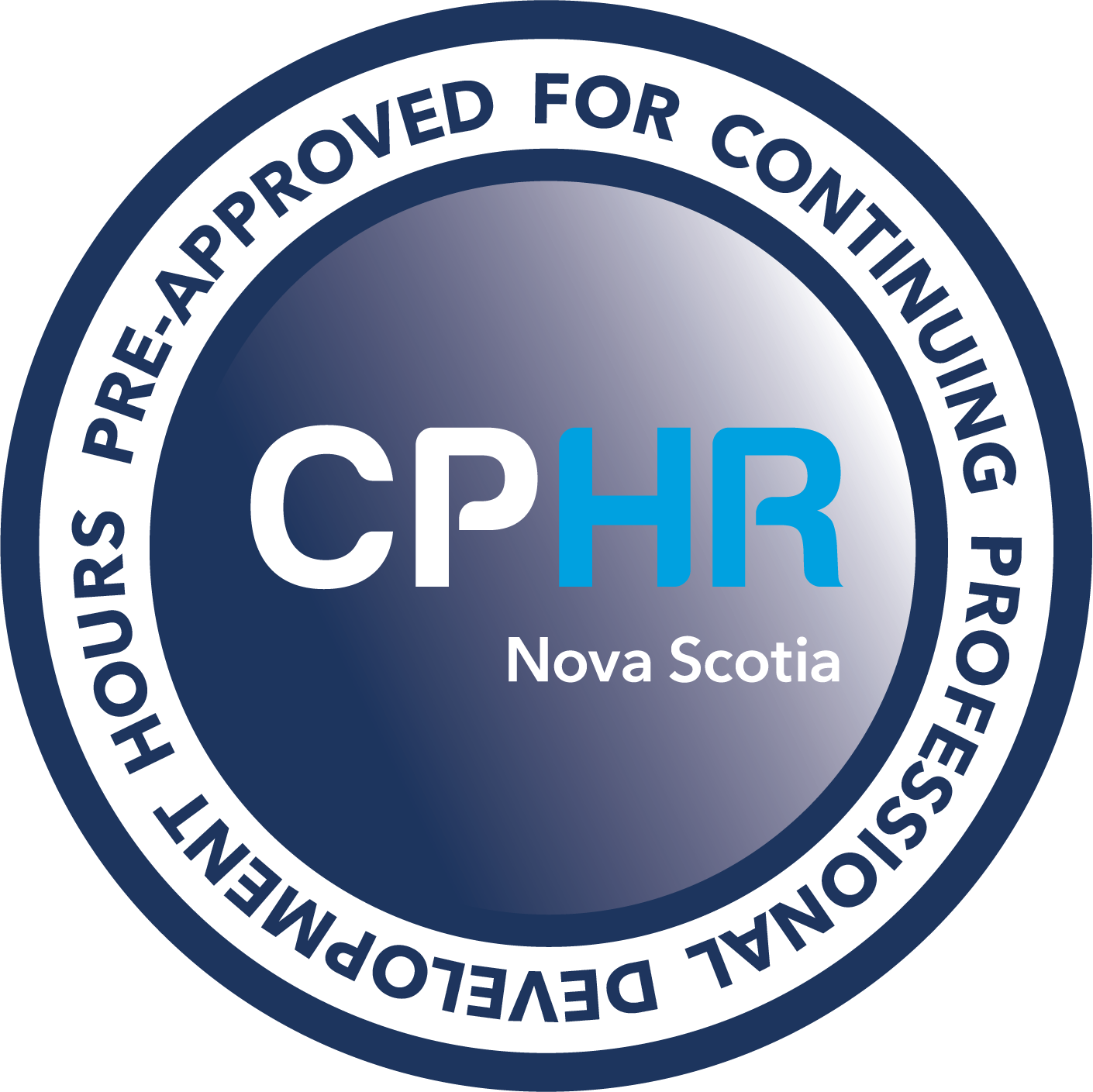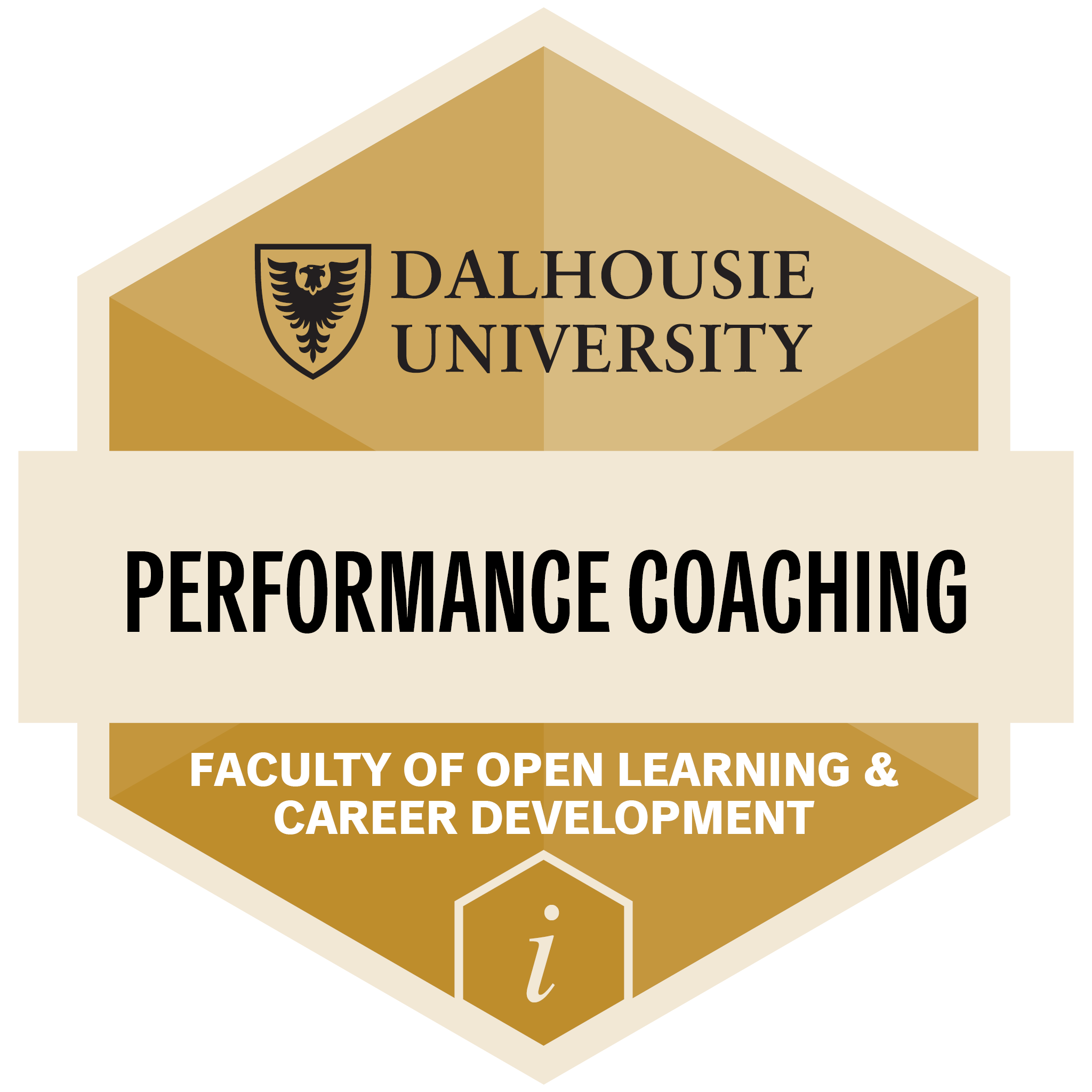Course Description
 Organizations in all parts of the world in all sectors are looking for leaders who can coach so that they can get the best possible results from their most valuable resource – the people. Coaching is comprised of a set of skills and a series of steps that help others become better at their jobs. There are many leadership styles that experts cite and describe; this course specifically examines the coaching leadership style.
Organizations in all parts of the world in all sectors are looking for leaders who can coach so that they can get the best possible results from their most valuable resource – the people. Coaching is comprised of a set of skills and a series of steps that help others become better at their jobs. There are many leadership styles that experts cite and describe; this course specifically examines the coaching leadership style.
Course Outline
Unit 1: Introduction
What is coaching and how does it differ from other forms of leadership?
Unit 2: Character
What does it take to be a great coach? How can you set up the kind of relationship that will lead to better performance?
Unit 3: Observation
Before you provide coaching, you need to diagnose performance challenges. That means you have to lean how to observe and you have to make the most of your observations.
Unit 4: Assessment
Observations provide data. Data needs to reviewed and analyzed so that coaching targets can be determined. This is what we call assessment.
Unit 5: Communication Part 1
How do you get your point across without demanding and advising? Setting up the communication process requires skill and patience.
Unit 6: Communication Part 2
Feedback. Delivering and accepting feedback is an overlooked talent. This module looks at how to take and give feedback so that it results in positive performance change.
Unit 7: Integration Part 1
Values in leadership. Coaching involves aligning values. Personal, organizational and community values all form part of the performance formula. When values are aligned, performance is enhanced – when values are conflicting, performance is inhibited.
Unit 8: Integration Part 2
Teams. Today’s organizations are made up of multiple teams. Coaching a team requires another set of lenses. We look at how teams function and how they perform.
Unit 9: Nurturing
Coaching only works when the environment supports it as a leadership style. How can we develop a culture that supports growth?
Unit 10: Growth
It all comes down growth. Great coaches help people grow. Growing better people helps organizations thrive.
What You Will Learn
Expect to develop your skills as a leader by enhancing your ability to:
- Build positive relationships with others
- Listen more effectively so that you can influence the performance equation
- Help teams be more effective
- Build organizational cultures that are based on continuous improvement
- Grow as an effective leader
Microcredential
This course provides learners with the opportunity to earn a microcredential. A microcredential is evidence of a skill or competency that is employment related. Dalhousie microcredentials are developed in collaboration with employers, industries, and/or organizations that relate to the content. A microcredential can be displayed on social media pages, digital resumes, personal webpages, and in email signatures. To earn the microcredential in this course, learners will need to successfully complete a competency-based assessment.
Learn more about this Human Resources microcredential on our website.
Notes
The Faculty of OLCD recommends an intermediate level of English language proficiency for the most effective learning and participation in our online and face-to-face courses. A list of minimum recommended scores on some common English tests can be found on our website. If you have questions about your English language proficiency and ability to succeed in this course, please contact openlearning@dal.ca.
Recommended For
- Leaders who want to get the most from those they lead
- Managers to expand their leadership talent
- Aspiring leaders who need to learn what leadership feels like and how to effectively build talent in others
Testimonials
"The content of this course is pure gold. I have taken a significant amount of notes and have had many conversations about this course with my immediate supervisor and both he and I are completely on board with the curriculum.
This is my 4th course through Dal and by far the most beneficial and applicable one I have taken so far. School was never my strong point growing up and I find the building of the assignments and post to be challenging. And although they may seem "rough" from time to time, I am telling you in honesty that what I took away from this course is significantly more than what I am able to properly articulate on paper."
~ Luc Robichaud
Training Officer, Dieppe Fire Department
Applies Towards the Following Certificates
- Advanced Certificate in Fire Service Administration : Elective
- Certificate in Building Positive Workplace Cultures : Electives
- Diploma in Executive Fire Leadership : Electives
- Diploma in General Fire Leadership : Elective - Certificate in Training Officer Education
- Certificate in Fire Service Administration : Electives (3)
- Certificate in Fire Service Administration: Advanced Leadership : Electives (3)
- Certificate in Fire Service Administration: Human Resource Management : Electives (3)
- Certificate in Human Resource Leadership : Required
- Non-Credit Diploma in Professional and Leadership Studies : Required - Human Resource Leadership
- Certificate in Police Supervisory Skills : Required
- Post-Graduate Certificate in Human Resource Leadership : Required
- Public Safety Communicator Leadership Certificate : Electives
- Certificate in Training Officer Education : Required

 Joanne has worked in the field of adult education for over 20 years. Joanne has designed and delivered hundreds of workshops including leadership and team skills, interpersonal communication, train-the-trainer, conflict resolution, stress, priority and project management. Joanne has a keen interest in helping individuals and groups learn from and adapt to the changes taking place in today's workplaces.
Joanne has worked in the field of adult education for over 20 years. Joanne has designed and delivered hundreds of workshops including leadership and team skills, interpersonal communication, train-the-trainer, conflict resolution, stress, priority and project management. Joanne has a keen interest in helping individuals and groups learn from and adapt to the changes taking place in today's workplaces.